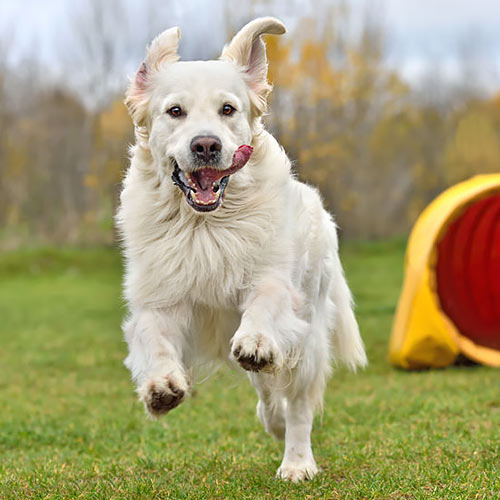Most people who are dog trainers chose that profession because they enjoy working with dogs. Working with dogs is certainly an important desire for dog trainers. Sometimes prospective trainers do not realize that training dogs also involves training people. A large part of a successful dog training business includes interacting with humans as well as canines. Those who simply cannot or will not accept this should probably consider another career.
A trainer must not only be a good trainer but it certainly helps to be a good communicator. People will have questions. Some have little to no clue how to correctly relate to a dog. Frankly, some people (thankfully few) are too stupid to own a dog. But you as a trainer must learn to pass on your knowledge to the humans who will influence the dog you train on a daily basis.
A part of your education at the Dog Trainer College will include tips on how to connect with your clientele. Dogs and humans alike can be poor communicators. Many of the accusations of poor training are really only communication break-downs between trainer and client. Explaining things clearly and sufficiently will take trial and error but can be developed. Unfortunately there will be that occasional problem client who will require your time and talents. Furthermore, you will need to know how to clearly communicate your training on a warmly professional level so that it can be continued at the home of your client.
A professional dog trainer must also deal with public perception, right or wrong. Misinformation abounds in our field, like many others. Dog trainers will need to teach the reality without making people feel stupid or worthless. Tact is needed. Patience is desirable.
As with other skills of being a dog trainer, the Dog Trainer College instills within our students the necessary knowledge to handle the everyday interaction with people. People skills can be developed just like any other skill. Approach it with an open and informed mind and you’ll make progress.

